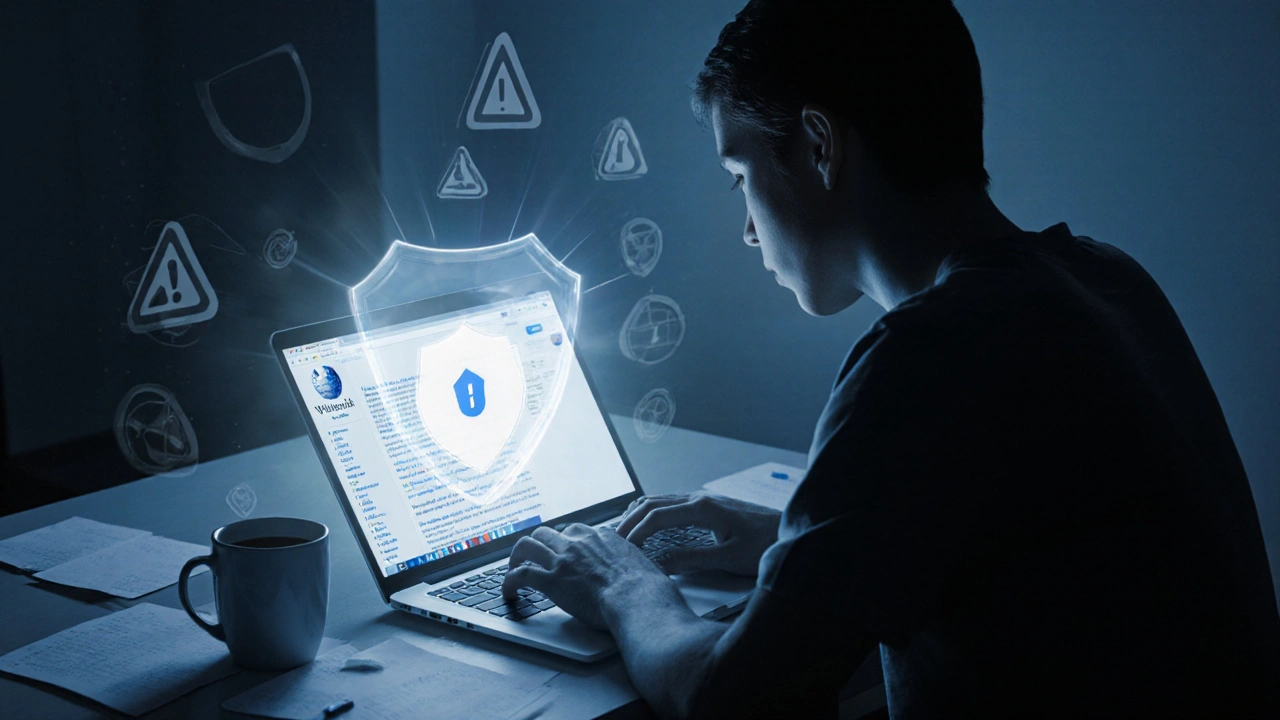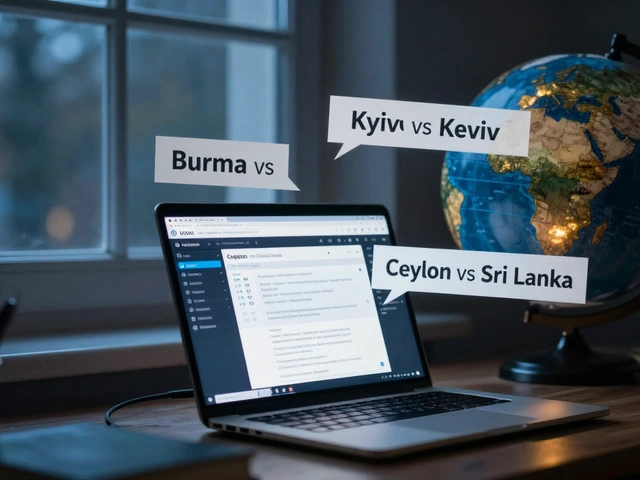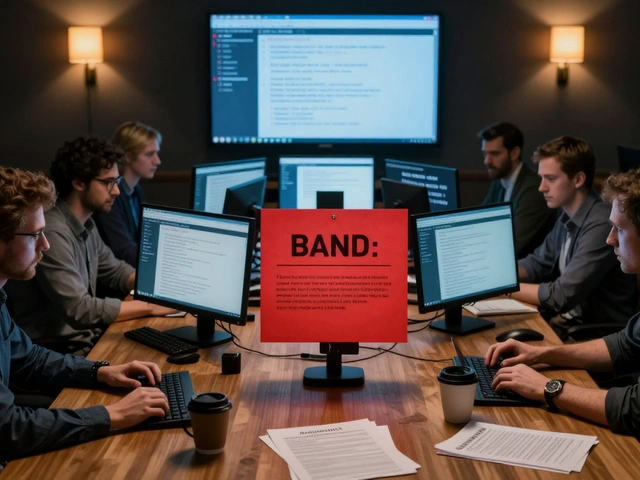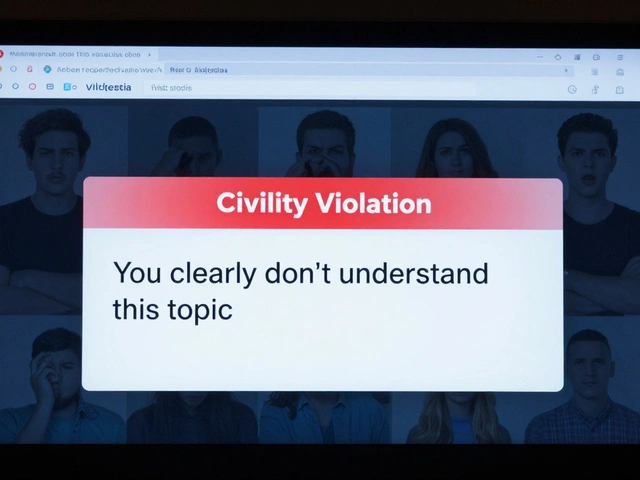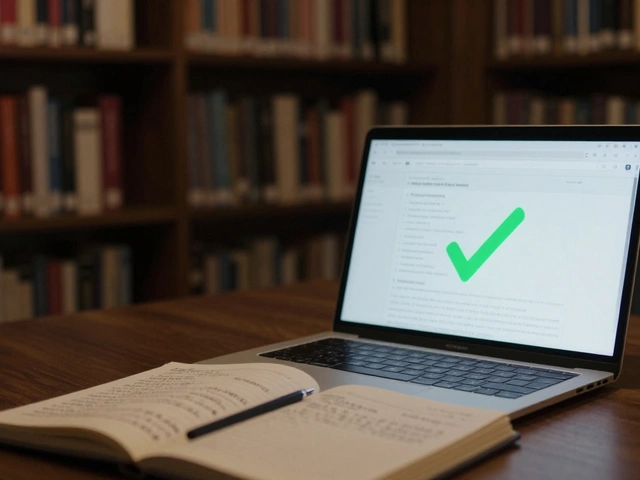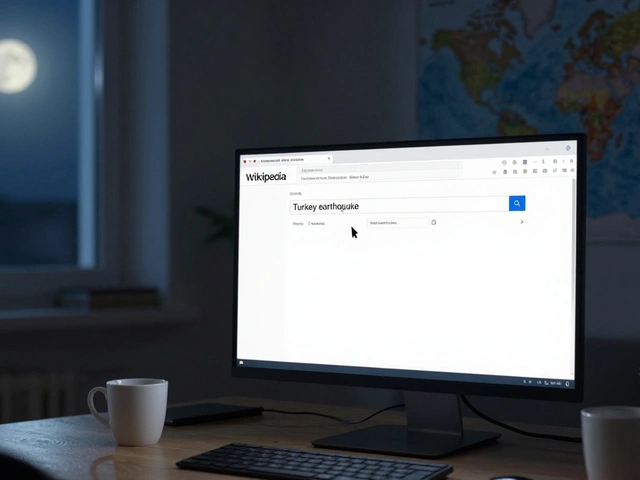Wikipedians Safety: Protecting Editors in a High-Stakes Knowledge Economy
When you think of Wikipedia, you probably think of articles, edits, and facts—but behind every edit is a person. Wikipedians safety, the protection of volunteers who create and maintain Wikipedia’s content from harassment, threats, and burnout. Also known as editor safety, it’s not a side issue—it’s central to whether Wikipedia can survive as an open, global project. These aren’t faceless contributors. They’re teachers, students, retirees, and activists from over 300 languages, often working alone in their homes, sometimes under real danger.
Wikipedians face more than just edit wars. Some get doxxed after challenging powerful interests. Others receive death threats for editing articles on politics, religion, or abuse. In places where free speech is fragile, editing Wikipedia can mean risking your job, your family, or your life. Wikipedia governance, the system of policies and committees that manage content and conduct on the platform tries to respond, but it’s often slow, uneven, and overwhelmed. The Arbitration Committee (ArbCom) handles serious cases, but many editors never report abuse because they don’t trust the process—or fear retaliation.
Tools like sockpuppet investigations, the process of uncovering fake accounts used to manipulate discussions or harass editors help expose coordinated attacks, but they don’t stop the person behind the screen. And while bots can revert vandalism, they can’t detect a whispered threat in a comment or a pattern of subtle intimidation. The real work falls to human volunteers—editors who monitor talk pages, flag abuse, and sometimes quietly reach out to someone who’s been silent too long.
It’s not all grim. Communities have built safety networks: private channels for reporting threats, mentorship programs for new editors in high-risk regions, and guidelines for handling sensitive topics without putting people in danger. The Wikimedia Foundation has started training staff in digital security and mental health support, but progress is patchy. Most safety efforts still rely on volunteers who are already stretched thin.
What does this mean for you? If you edit Wikipedia, you’re part of this system. Even small actions matter—reporting harassment, supporting someone who’s been targeted, or just being respectful in talk page discussions. If you don’t edit, you still benefit from their work. Protecting Wikipedians isn’t charity—it’s sustainability. Without them, Wikipedia doesn’t just lose articles. It loses its soul.
Below, you’ll find real stories and tools from the front lines: how editors are defending themselves, how policies are changing, and what’s working—or failing—to keep the people behind the screen safe.
Safety and Integrity Investments: Protecting Wikipedians
Wikipedia relies on volunteers who face real threats for editing controversial topics. The Wikimedia Foundation is investing in safety tools, legal aid, and anonymity features to protect these editors and preserve the integrity of free knowledge.
